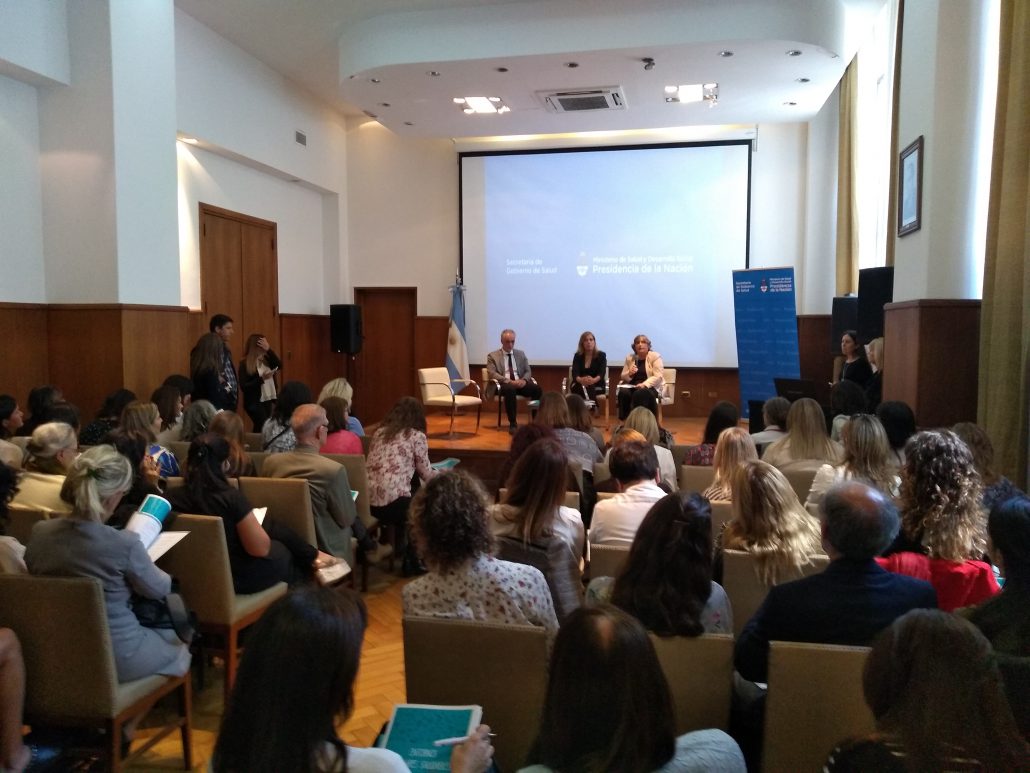Following the opportunity represented by the change of management at the municipal level, we want to express ourselves on key issues for the future of our city. Therefore, we jointly address other Cordoba organizations to the new Mayor of Córdoba, Martín Llaryora, with the aim of making recommendations regarding structural problems that cause serious damage to human rights.
“Below, we offer a google translate version of the original article in Spanish. This translation may not be accurate but serves as a general presentation of the article. For more accurate information, please switch to the Spanish version of the website. In addition, feel free to directly contact in English the person mentioned at the bottom of this article with regards to this topic”.
Within the framework of the assumption of the new municipal management, there are unattended situations for years that need an urgent response. Through an open letter, we announce in ten points what these problems are and we make ourselves available to the new cabinet to work in an articulated way.
The ten points are summarized in:
- Environmental and health emergency in the Chacras de la Merced neighborhood
- Solid Urban Waste
- Urban Planning and Development
- Gender parity in the cabinet
- Trans labor inclusion and quota law
- Access to Legal Disruption of Pregnancy in Primary Care Centers
- Application of the Micaela law
- Access to public information
- Healthy school environments
- Smoke-free environments and protection of the non-smoker
These are 10 points, which are not exhaustive or exclusive of other problems, but require an urgent response because of the critical situations they represent. We hope that in the next 4 years we can articulate a joint work to continue advancing in the fulfillment of the human rights of the Cordoba community.
Contact
Carolina Tamagnini, carotamagnini@fundeps.org


